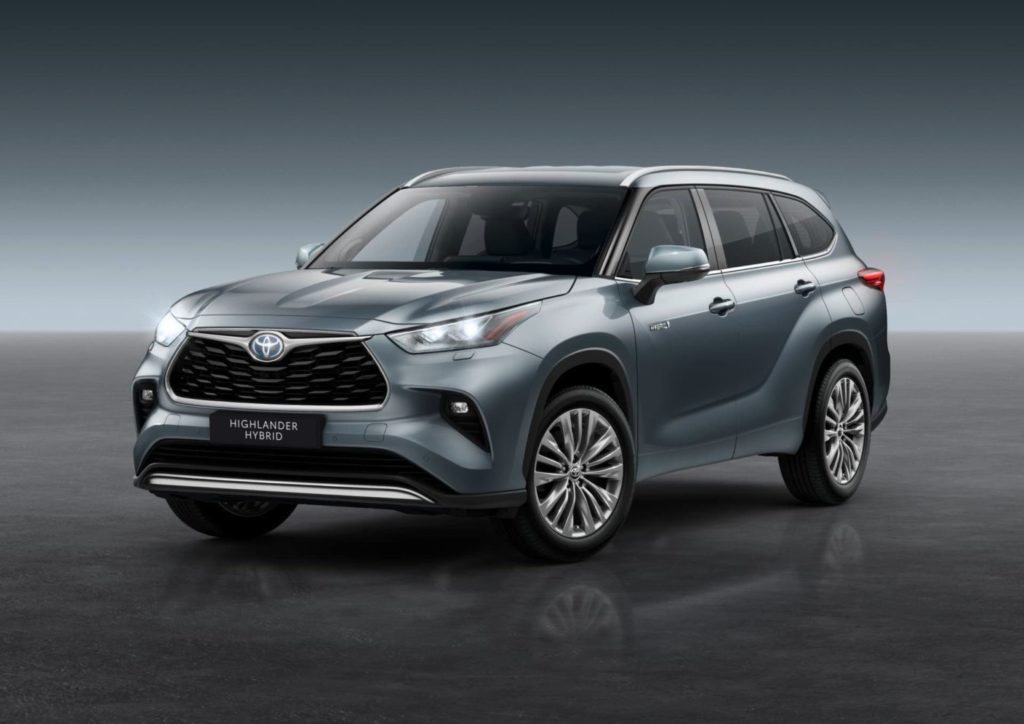Read The Full Article On: Argusmedia
China-Japan joint venture FAW Toyota Auto has released its first all-electric vehicle Izoa in the Chinese market, which uses nickel-cobalt-manganese (NCM) batteries produced by Japanese technology firm Panasonic.
Toyota and Panasonic in February set up a joint venture to produce prismatic lithium-ion batteries, solid-state batteries and next-generation batteries for EVs.
Toyota has been expanding its share in the new energy vehicle (NEV) industry. It forecast in June last year that NEVs will account for more than 50pc of its total sales by 2025, with all-electric vehicles and fuel cell vehicles expected to account for more than 10pc. The release of Izoa is the first step.
Toyota in April set up a 50:50 joint venture with Chinese auto manufacturer BYD to design and develop all-electric vehicles in Shenzhen city in south China’s Guangdong province.
The Chinese NEV industry has developed rapidly in recent years, with the market more open to investments by foreign producers such as Tesla, Toyota, Honda and General Motors.
US EV producer Tesla has continued to use NCM batteries at its plant in Shanghai, although there have been market discussions that Tesla might use lithium iron phosphate batteries to produce EVs. Tesla’s Shanghai plant is on track to produce 4,000 units of its Model 3 as early as the end of June.
China’s NEV production and sales increased in April from a month earlier, as the Covid-19 outbreak eased in the country and the government took measures to boost sales. The country’s all-electric vehicles output in April rose by 50pc from March to 57,000 units but down by 31.4pc from a year earlier. Sales of all-electric vehicles rose by 27.5pc from March but down by 28.6pc from a year earlier to 51,000 units.

